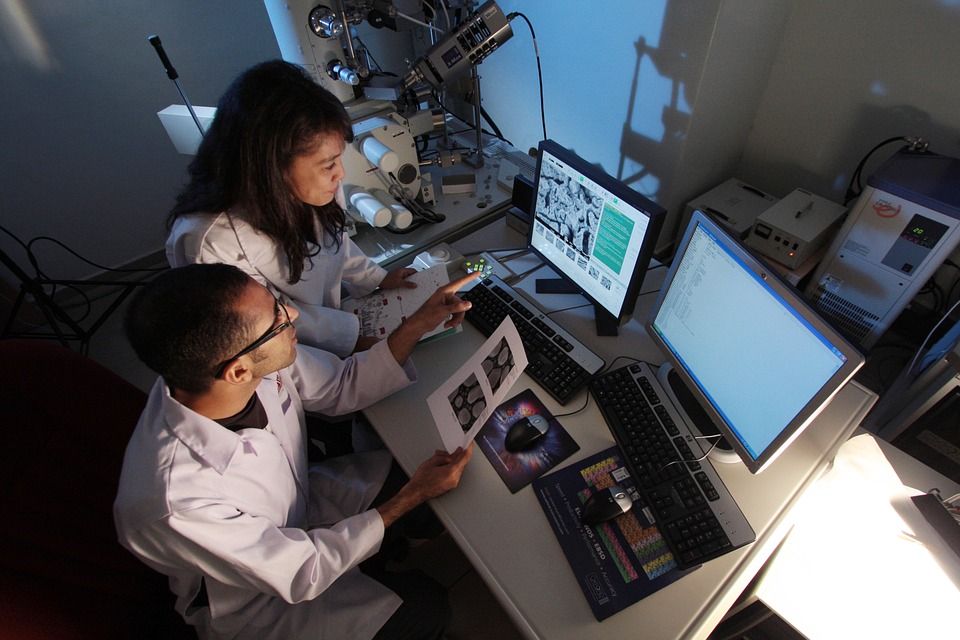According to a newly-published report from national statistics keepers, Danmarks Statistik, Denmark owes much of its research and development to foreign companies.
The new report, ‘Innovation og forskning 2017’ (here in Danish), foreign companies account for about 20 percent of Danish companies’ research and development.
“Some 345 foreign-controlled companies undertook research and development in Denmark in 2015, the equivalent of 7,763 research and development annual full time positions,” the report found.
“That’s 21 percent, or about every fifth research and development annual full time position that was undertaken by employees in companies in foreign control. Some 16 percent of the foreign-controlled companies carried out their research and development in Denmark, slightly higher than Danish-controlled companies (13 percent).”
READ MORE: Dansk Industri wants to extend researcher tax break scheme by two years
Chasing Barcelona
The theme of ‘Innovation og forskning 2017′ focuses on research and development across borders and it also showed that Danish companies’ research and development efforts abroad employs almost 9,000 people in foreign subsidiaries.
Moreover, the report also revealed that research and development expenses in Denmark have grown from 2 percent of GDP in 2000 to 3 percent of GDP in 2015.
The business sector accounted for 1.9 percent of that in 2015, while the public sector accounted for the remaining 1.1 percent. It means that Denmark meets the required 3 percent target as stipulated by the Barcelona Objectives signed in 2002.














